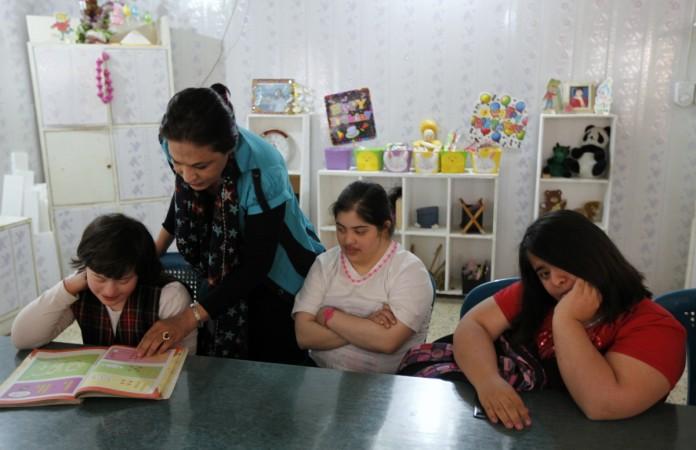
The Supreme Court has turned down a 37-year-old woman's plea to terminate her 26-week-old foetus on the ground that it suffered from Down Syndrome after the court-appointed medical board advised against abortion. The woman from Maharashtra's Raigad district had sought judicial intervention as the law does not allow abortion if pregnancy crosses 20 weeks.
Supreme Court dismisses plea of woman to abort 26-week-old foetus with Down Syndrome
The judge and the doctors highlighted that while the child may suffer from physical and mental challenges and will undoubtedly be less intelligent, the child will not only survive, but also make a fine person.
Despite Down Syndrome being one of the most common chromosomal disorder, our society has come up with several myths backed by reason and bias, and others simply invented out of thin air.
Here are a few myths busted about Down Syndrome.
- Down Syndrome is not a rare disorder
The most common form of chromosomal disorder is Down Syndrome. It is not rare as between 23,000 and 29,000 children are born in India every year with Down Syndrome. According to European Journal of Paediatrics, the overall prevalence of Down Syndrome is 10 per 10,000 live births around the world.
- Down Syndrome is not hereditary neither does it runs in the family
There is no rule such as parents passing it to their offspring or that parents are carriers of recessive or dominant genes which causes Down Syndrome. The US National Library of Medicine says that chromosomal abnormality occurs as a random event during the formation of reproductive cells in a parent. The abnormality usually occurs in egg cells, but it occasionally occurs in sperm cells. An error in cell division called nondisjunction results in a reproductive cell with an abnormal number of chromosomes. In fact, Translocation, a type of Down Syndrome that accounts for three to four percent of all cases, is the only type of Down Syndrome known to have a hereditary component.
- Down Syndrome is indeed treatable
While Down Syndrome can't be prevented, it can be detected before a child is born. A child with Down Syndrome can often benefit from speech therapy, occupational therapy, emotional and behavioural therapies and exercises to help improve their motor skills.
- Down Syndrome does not lead to severe learning disability
While it may take more time than other children, Down Syndrome Educational International says that people with Down Syndrome learn better with the aid of illustrations. Gestures and sign languages also build communication skills. Sociable in nature, children with Down Syndrome can learn number concepts with the use of visual supports.
- They do not die at a young age
People affected by Down Syndrome have a life expectancy of 60 years and live up to the age of 70.

















